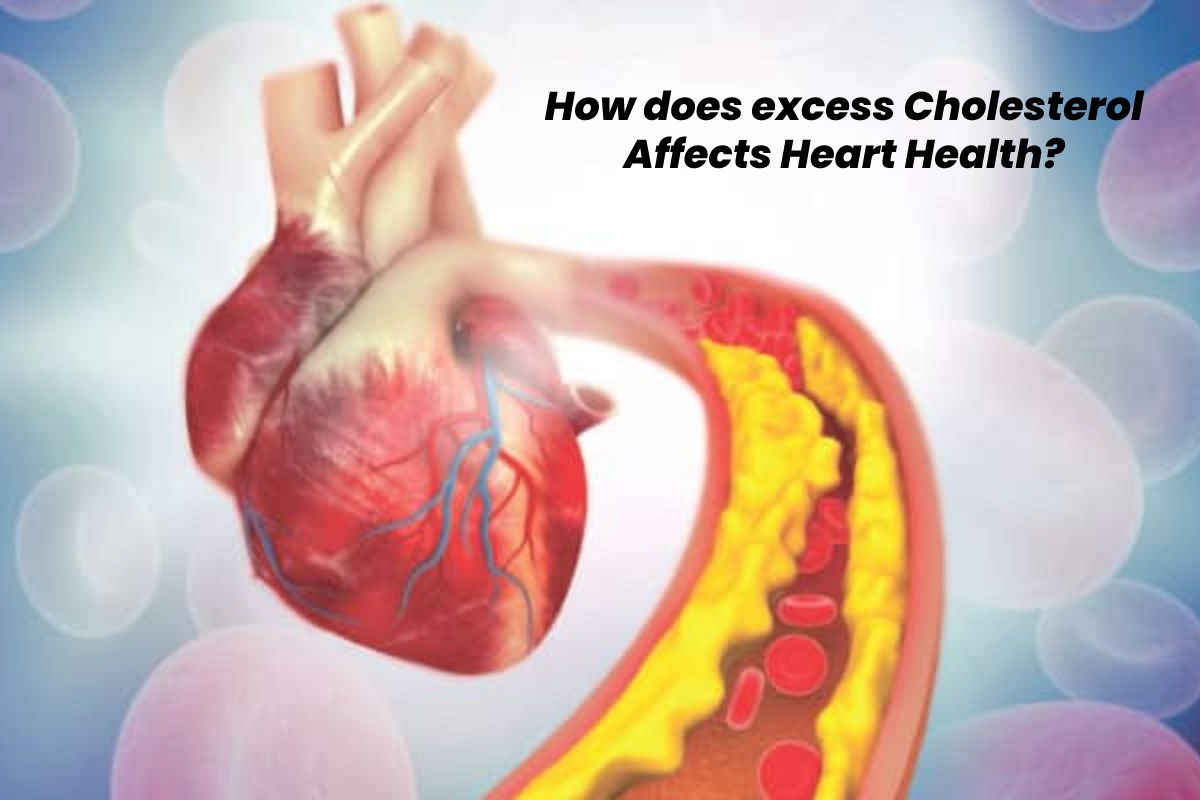Table of Contents
What is Cholesterol?
Cholesterol is a fatty substance, a lipid, found in the body’s cell membranes. It is a fundamental component of cell membranes and is essential for cell division.
In addition, it participates in the production of bile salts, male and female sex hormones, and corticoid hormones. In other words, it is not harmful since it engages in vital processes, but an excessive increase in its levels is detrimental to health.
The two main types of cholesterol are LDL, which builds up in the arteries and clogs them, and HDL, which helps remove other types of cholesterol from the streets and reduces the risk of heart disease.
What is the proper level of Cholesterol?
Cholesterol levels are restrained in milligrams per deciliter (mg/dL) and are determined by a blood test. The LDL value should always be less than 100 in healthy patients, and the optimum is less than 70 in people already diagnosed with cardiovascular disease.
Causes of High Cholesterol
Genetics
How much LDL cholesterol your body makes and how quickly it gets rid of is determined, in part, by your genes. Therefore, some entire families have high cholesterol.
age and gender
Ageing brings with it increased cholesterol levels. Before menopause, most women have lower cholesterol levels than men of the same age. But after this, the level of LDL in women tends to increase. That is, cholesterol in men tends to be higher before age 50 than that of women of the same period. Then the opposite happens.
Feeding
An unbalanced diet with all excess of saturated fats and “trans” fatty acids causes an increase in cholesterol in the blood. That is it is advisable to include legumes, cereals, vegetables, fruits, nuts and olive oil in the daily diet. Other factors influence high cholesterol, such as smoking, sedentary lifestyle and obesity.
How does Cholesterol affect the Heart?
Now that you know more about [cholesterol], it’s time to learn how LDL affects your cardiovascular health. The problem with this “bad cholesterol” is that it produces coronary arteriosclerosis over time.
That is, [cholesterol] accumulates along with other materials (called plaque) on the inner walls of the arteries. It blocks them with a mixture of [cholesterol], fats and other substances, preventing blood circulation and oxygen to the heart.
Over time, this circulation decreases. Therefore, excess LDL in the arteries increases the chances of heart attacks and strokes.
How does excess “Bad Cholesterol” affect the Heart?
LDL cholesterol, known as “bad cholesterol”, is harmful to our arteries since it is deposited over time in the streets, making them narrower and more rigid. When this deposit of “bad” fat is made in the coronary arteries, it leads to insufficient heart irrigation, favouring angina pectoris or heart attacks. If it occurs in the arteries that reach the brain, it can cause a stroke (cerebral infarction) .
Put an end to Bad Cholesterol
Previously, treatment guidelines directed healthcare professionals to specifically treat their patients to achieve target levels of total [cholesterol], LDL, HDL, and triglycerides. However, current prevention guidelines suggest that more needs to be done. The specific groups are still important, but an optimal treatment must take into account these indicators and the global evaluation of the risk and the possibilities of its reduction. Working with your healthcare professional to personalize how you address risks will lead to better results.
The state of your heart depends on you. Plus, heart disease is largely preventable by working to reduce your risks. So pick up the mobile and make an appointment with your healthcare professional to find out your HT levels and lower them if necessary. Don’t wait until you have a heart attack to find out—Kimberly’s story is proof of that.
Kimberley, now fully recovered, does cardio every day and has adjusted her diet to be low in [cholesterol] and sodium. He also strives to pass on these healthy habits to the people around him.
“Women, in particular, need to be reminded to take care of ourselves and pay attention when something is wrong,” says Kimberley. “We tend to take care of all the people around us and forget about ourselves.”

